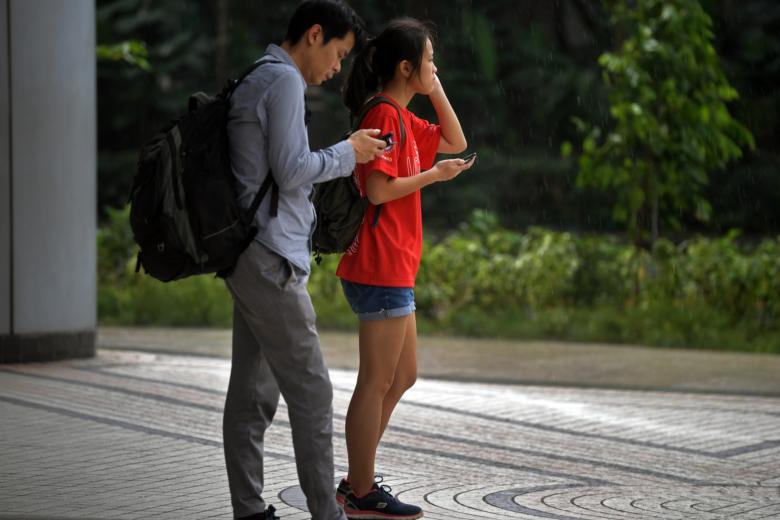Select Committee on Deliberate Online Falsehoods: How to respond
Response from public institutions must be prompt
Nurturing informed public, boosting trust
Sign up now: Get ST's newsletters delivered to your inbox

Falsehoods have the ability to undermine social cohesion, the committee said, and this has been seen in other countries.
PHOTO: ST FILE
Adrian Lim
Follow topic:
Public institutions should respond promptly to fake news wherever possible, and provide information to the public in a timely fashion, said a parliamentary Select Committee tasked with finding ways to fight online falsehoods.
They should also pre-empt situations where the public might be misled by falsehoods and put out information in advance to tackle this.
On top of this, communication to the public must be "in clear and comprehensible terms", the Select Committee on Deliberate Online Falsehoods said in its report released yesterday.
It noted that strong trust in public institutions "makes it harder for deliberate online falsehoods to take effect", and conversely, "mistrust in public institutions facilitates the uptake of falsehoods".
The committee said it has made recommendations to the Government to review how it communicates information to the public in response to online falsehoods. They include reviewing whether the communication is transparent, for instance, when providing reasons for actions it has taken or the reasons for not disclosing information to the public.
A summary of the recommendations was also submitted to the Ministry of Culture, Community and Youth, which responded with a seven-page document listing its efforts to strengthen public trust and governance.
Another area highlighted by the Select Committee was in strengthening trust among people and communities. Falsehoods have the ability to undermine social cohesion, the committee said, and this has been seen in other countries.
"The realities of Singapore's diverse social landscape create wide opportunities for falsehoods to undermine Singapore's social cohesion... Any source of difference, including racial, ideological differences and social inequalities, can be exploited, turning cracks into chasms," the committee said.
It acknowledged that there are various initiatives and platforms in Singapore, such as the Inter-Racial and Religious Confidence Circles, that serve as bridges between different communities and deepen mutual understanding between them.
But Singapore's efforts to maintain social harmony will need to evolve to address new problems.
The committee recommended that organisations and initiatives which promote social cohesion consider providing clarifications and infor-mation on distortions and falsehoods that can undermine harmony.
They should look into using people-to-people interaction and communication, mediating discussion among different groups and creating "safe spaces" for exchanging views on sensitive issues. These were among the various principles recommended by representatives to the committee.
The Government should also consider supporting or conducting research to understand society's vulnerabilities, the committee said.

